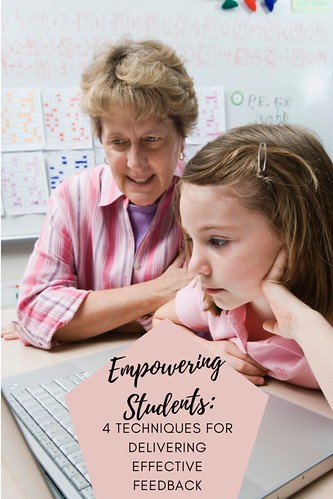Online gaming has significantly evolved over the last decade. The massive growth began around the early 2010s when casual social gaming became popular. Think classic PC games to console online genres like competitive first-person shooters and massively multiplayer games (MMO gaming).
You might think that learning is confined to textbooks and lectures, but cultural immersion offers a richer, more nuanced experience. By stepping into different communities and cultures, you confront your own biases and expand your worldview in ways that traditional education simply can't match. This engagement not only enhances empathy but also cultivates essential communication skills necessary for today's interconnected society.
Many young Latinos in the United States encounter persistent systemic obstacles that impede their educational attainment including poverty, language barriers, discrimination, and inequitable resource distribution.
These obstacles lead to lower academic achievements and increased dropout rates.
Achieving greatness in education and converting a good learner to a great one is not only through traditional teaching ideologies. This type of learning-centric solution incorporates a variety of cutting-edge strategies, individualized methods, and ongoing assistance to maximize learner ability. Educators and mentors can have a powerful effect on the growth and success of their learners by improving performance through tailored motivation strategies.
Many businesses still settle for basic editing, leaving their PDFs looking like regular, uninspiring documents. But did you know your documents are more than just digital filing cabinets? They can be customized with a trusted editing tool like Lumin to become dynamic tools that captivate your audience, streamline workflows, and elevate your brand.
When Ken Burns completed his film about jazz, he said, “I have made a film about jazz that tries to look through jazz to see what it tells us about who we are as a people.” And in his film Country Music, he quotes Merle Haggard saying that country music is “about those things we believe in, but can’t see.…” In these observations, Ken Burns and Merle Haggard capture music’s special impact and role as it touches and enriches all of our lives.
As a teacher, one of the most challenging tasks is teaching students how to structure their essays effectively.
A well-structured essay not only helps the reader follow the writer's thought process but also demonstrates the writer's ability to organize their ideas coherently. Teaching essay structure can be daunting, but with the right approach, you can help your students master this essential skill. Teaching essay structure is essential for students to express their ideas clearly and logically.
Tutoring businesses are growing in popularity. So much so that even K-dramas have used tutoring businesses as the background for romantic stories.
During my undergraduate studies in Ecosystem Science and Sustainability at Colorado State University, I was presented with a transformative opportunity to participate in a study abroad program titled "Communities and Conservation" in South Africa.

Feedback is essential to learning, as it helps students understand their strengths and weaknesses, identify areas for improvement, and track their progress. However, the process can be stressful for both teachers and students.

